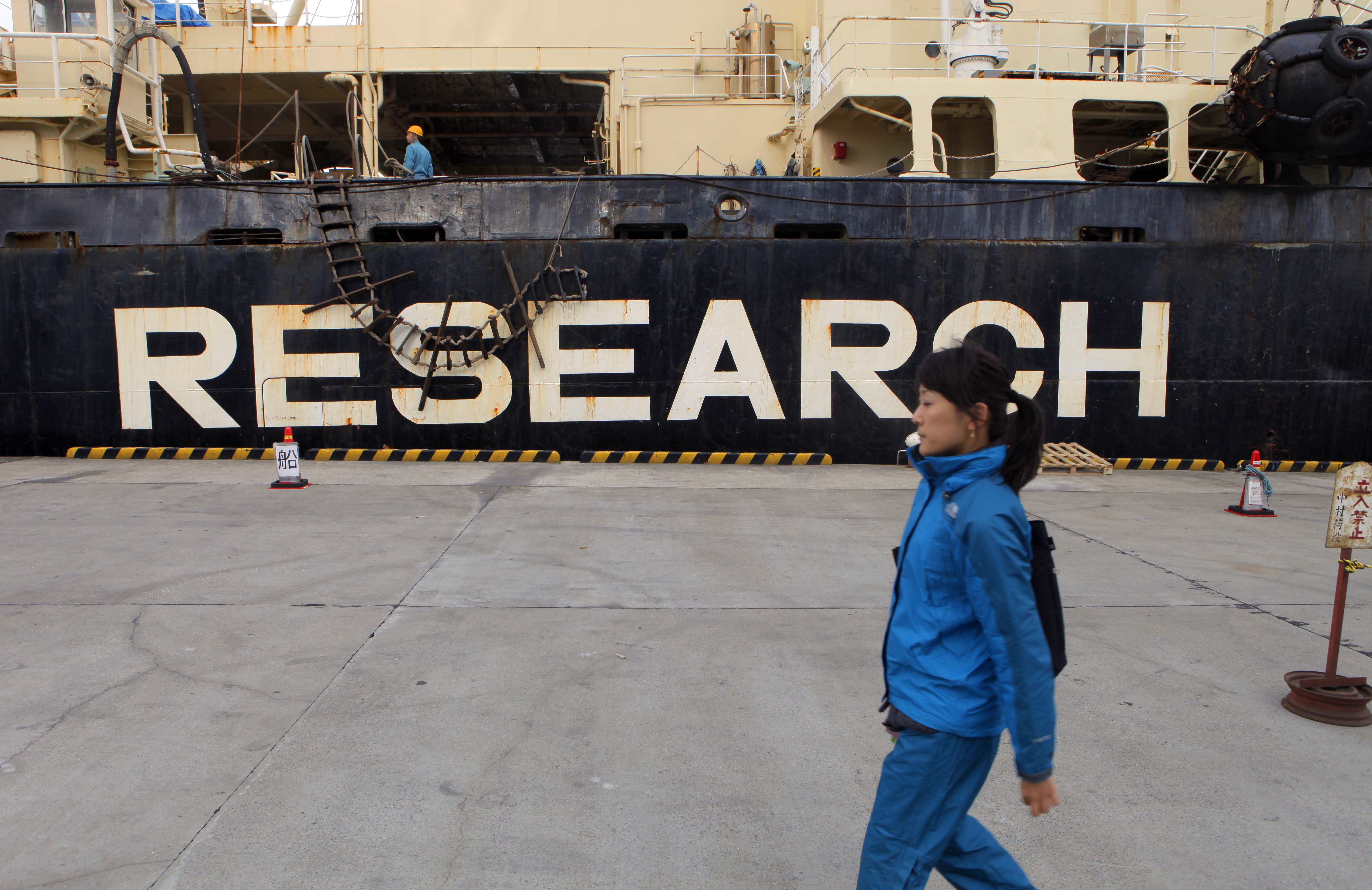If you've been following the tragic farce that is Japan's official stance on whaling, you'll know that the arguments made by the country's Institute for Cetacean Research (ICR) to try and justify the hunting of whales have been soundly rejected. Japan maintains it needs to kill whales as part of a scientific research program to learn more about whale populations and determine if larger-scale commercial whaling is sustainable. Few people really believe this and even the International Court of Justice ruled in 2014 that Japan's whaling program was not scientific. Since 2005, the judges said, some 3,600 minke whales have been killed, and just two research papers have been published.
Many supporters of whaling don't even claim that the program is useful for gathering scientific data. Those who support whaling often cite tradition and culture as reasons for continuing to hunt whales. In fact, whaling doesn't have a significant history in Japan. It was conducted on a very small scale until after World War II, and then only on a larger scale for 20 years or so.
So I was interested to see a paper published last week suggesting that Japan had falsified its whaling data for whale catches in the Southern Hemisphere. Researchers behind the paper claim Japan all but lied to the International Whaling Commission (IWC) about the whales it was catching.



